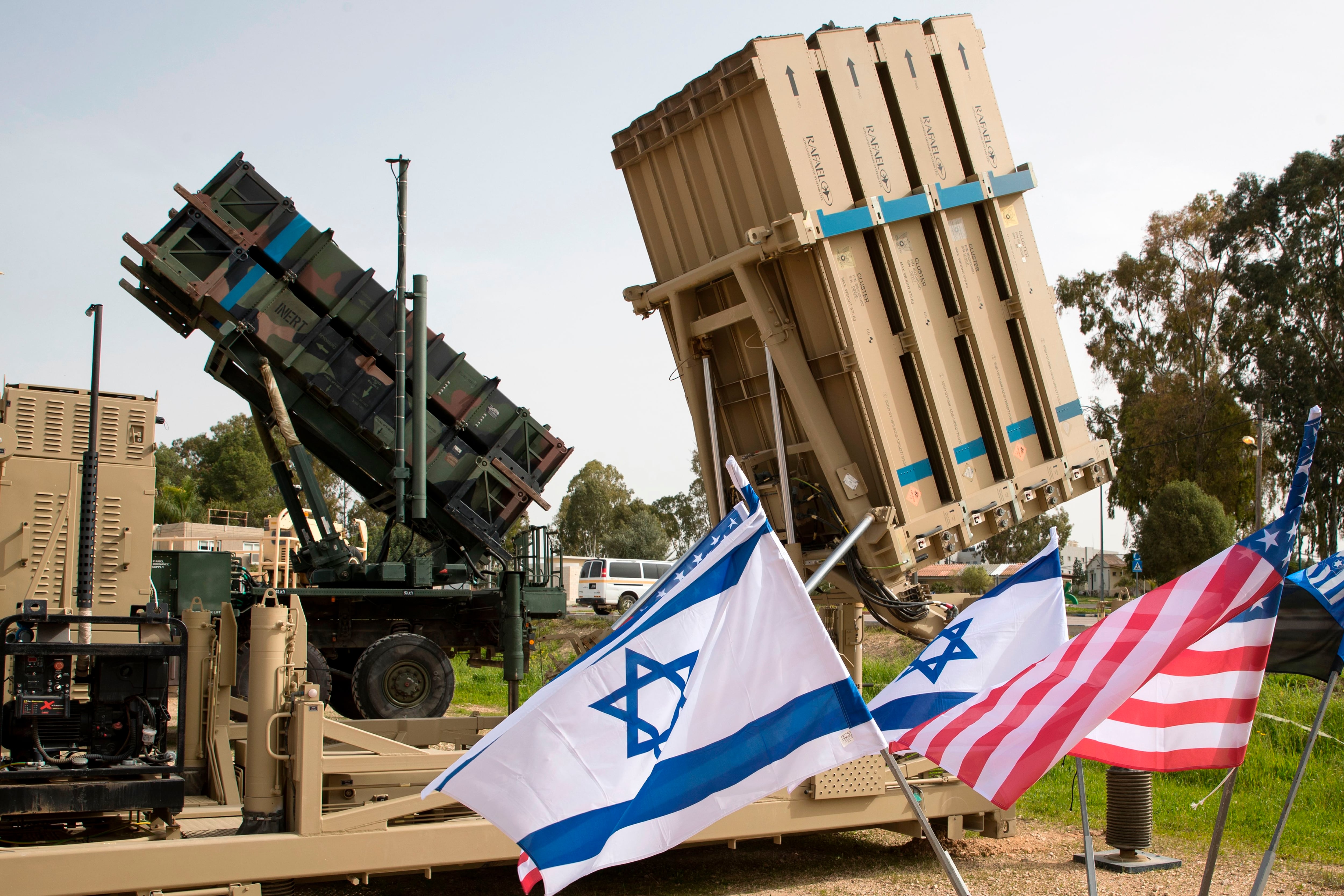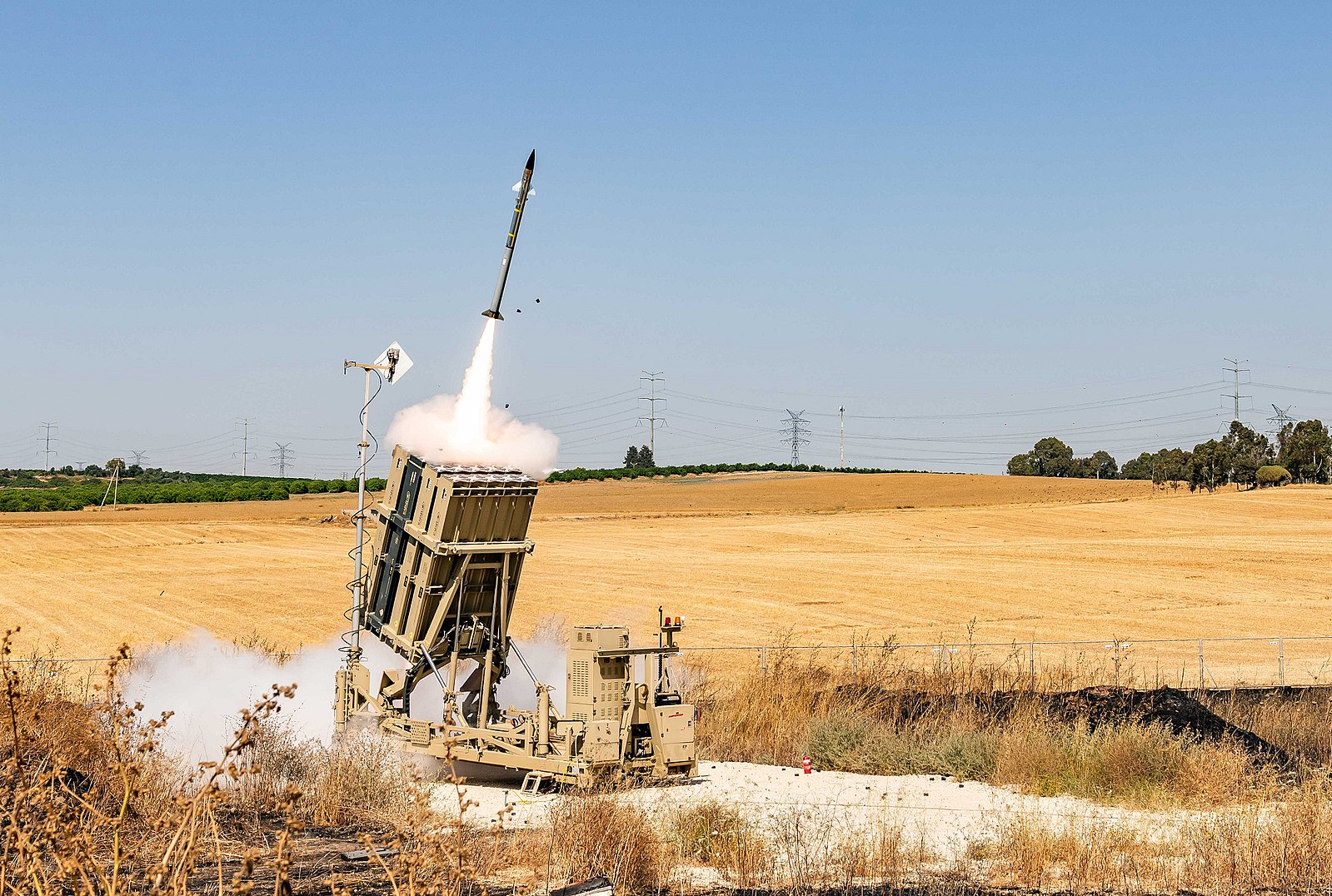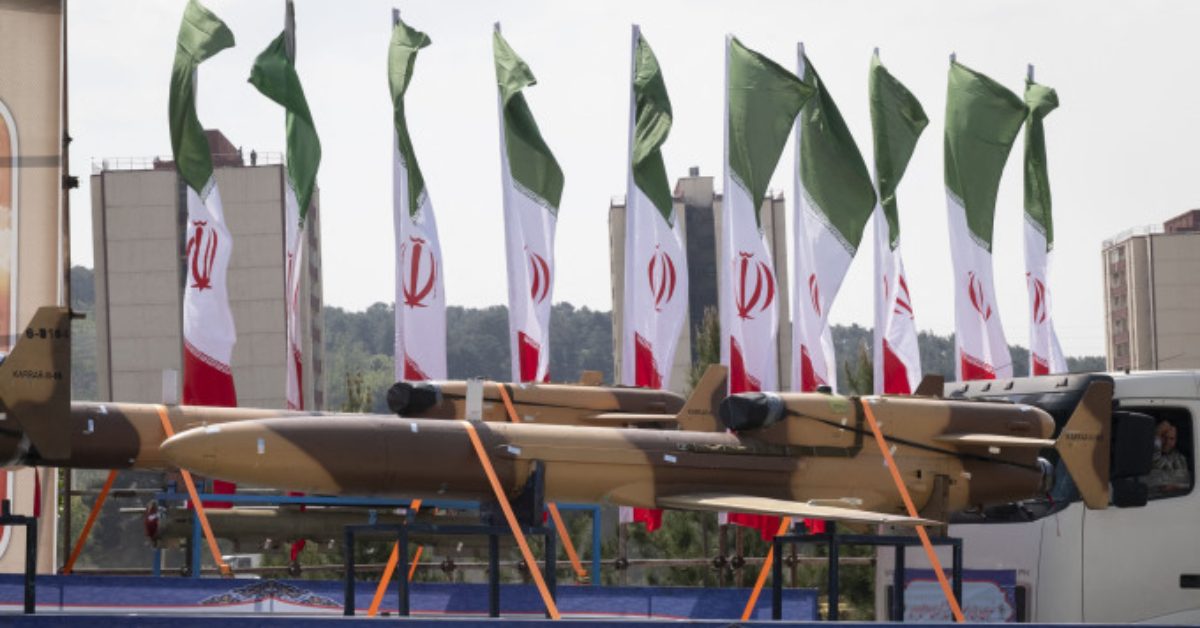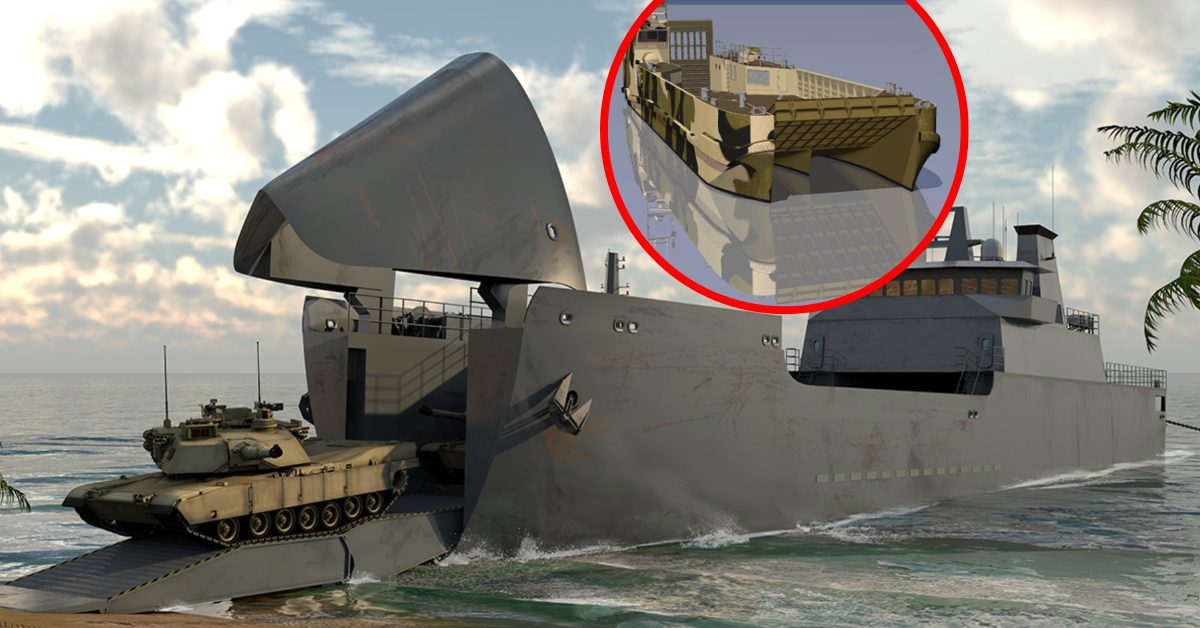A bright spot arising from the Iranian assault on Israel on Saturday night and early Sunday was undoubtedly the role played by the emerging air and missile defense coalition in the area in neutralizing the assault of more than 300 rockets. Even if there are still a lot of unanswered questions, it is already evident that American efforts to promote improved coordination between Israel and its Arab neighbors in response to Iran’s growing missile arsenal have paid off over the course of the last weekend.
Jordan’s involvement was especially noteworthy in light of its harsh criticism of Israel’s Gaza military campaign. Jordan not only permitted Israeli planes to traverse its border and intercept Iranian drones heading toward Israel, but it also employed its own jets to do so.
:quality(70)/cloudfront-us-east-1.images.arcpublishing.com/archetype/JPNRTKSSCNDONMBB7PPDYHLSUI.jpg)
The role played by Israel’s other Arab neighbors is less clear. Jordan publicly defended its participation as legitimate self-defense of its sovereign territory. The other Arabs have been more circumspect, reluctant to be accused of helping defend Israel at a time when their publics are indignant over Palestinian suffering in Gaza.
Nevertheless, officials on background are already painting a picture of important collective action. Two days before the attack, Iran gave Saudi Arabia notice of its timing and scope so that the kingdom could safeguard its airspace. The Saudis quickly alerted the U.S., and thereby Israel, providing the Jewish state crucial early warning.
Given the high likelihood that much of Iran’s attack would have crossed Saudi territory, the Saudis could have allowed U.S. jets to conduct interceptions over the kingdom — though they deny it. Whether the Saudis, like the Jordanians, had their own Air Force shooting down drones headed toward Israel remains unclear.

Finally, and crucially, the Saudis and other U.S. partners in the Gulf and beyond almost certainly allowed their substantial national air defense data to be shared with Israel in real time. Vast amounts of information from each country’s missile defense radars as well as air-, land- and sea-based sensors would have been fed into U.S. Central Command’s Combined Air Operations Center in Qatar and merged into a comprehensive regional picture that Israel could access.
Given the Gulf states’ much closer geographic proximity to Iranian launch sites, this data would have helped the U.S. and Israel immeasurably in identifying the attack’s different vectors, tracking the various salvos at the earliest opportunity and coordinating interception efforts for maximum effectiveness.
All this represents a huge success for U.S. policy. It’s the product of years of tireless work to build trust and capacity among America’s Arab partners who more often than not viewed each other as rivals, not allies. Working bilaterally with Washington was one thing, but sharing sensitive national intelligence with neighbors who might use it to their own advantage was for years out of the question.
As for Israel, it wasn’t even part of the equation, given historical tensions over the Palestinian issue.

But several recent developments dramatically changed the dynamic. First and foremost was the escalating danger of the Iranian threat itself. Not only had Iran managed to amass the largest missile arsenal in the Middle East, but it had increasingly proliferated those capabilities to proxies that encircle the moderate Arab states.
Worse yet, starting with Yemen’s civil war and continuing with Iranian-backed attacks on Saudi oil facilities in 2019 and on the United Arab Emirates in 2022, these states had actually found themselves on the receiving end of potentially devastating aerial attacks that they could not address alone.
Two other factors also dramatically increased the region’s appetite for multinational cooperation. The first was the historic breakthrough of the Abraham Accords in 2020 that saw the UAE and Bahrain (with Saudi blessing and support) make peace with Israel, opening the way to more fulsome security cooperation. The fact that Israel possessed one of the most advanced and successful air defense networks on the planet was a major part of the attraction.
The second factor came just a year later with Israel’s incorporation into CENTCOM — the U.S. combatant command for the Middle East that includes Washington’s Arab partners. Together under the U.S. umbrella for the first time, the Israeli and Arab militaries were able to work together on a systematic basis to build professional relationships and trust. Ever since, CENTCOM has convened regular meetings of regional defense chiefs, air commanders and military planners to identify contingencies; develop joint doctrines and procedures; and conduct frequent conferences, simulations and exercises.
Though in its early stages and with much still to be done to realize its full potential, the Middle East’s emerging air defense alliance got its first major stress test on April 13 and appears to have passed with flying colors. It’s a testament to the indispensable role of U.S. diplomatic and military leadership, and a powerful demonstration of how much America’s Arab friends have to gain from further deepening their cooperation with Israel under CENTCOM’s tutelage.
Building on last weekend’s success to further consolidate the emerging U.S.-Israel-Arab strategic alliance would itself be among the most powerful forms of retaliation to inflict on Iran for the recent attack.






